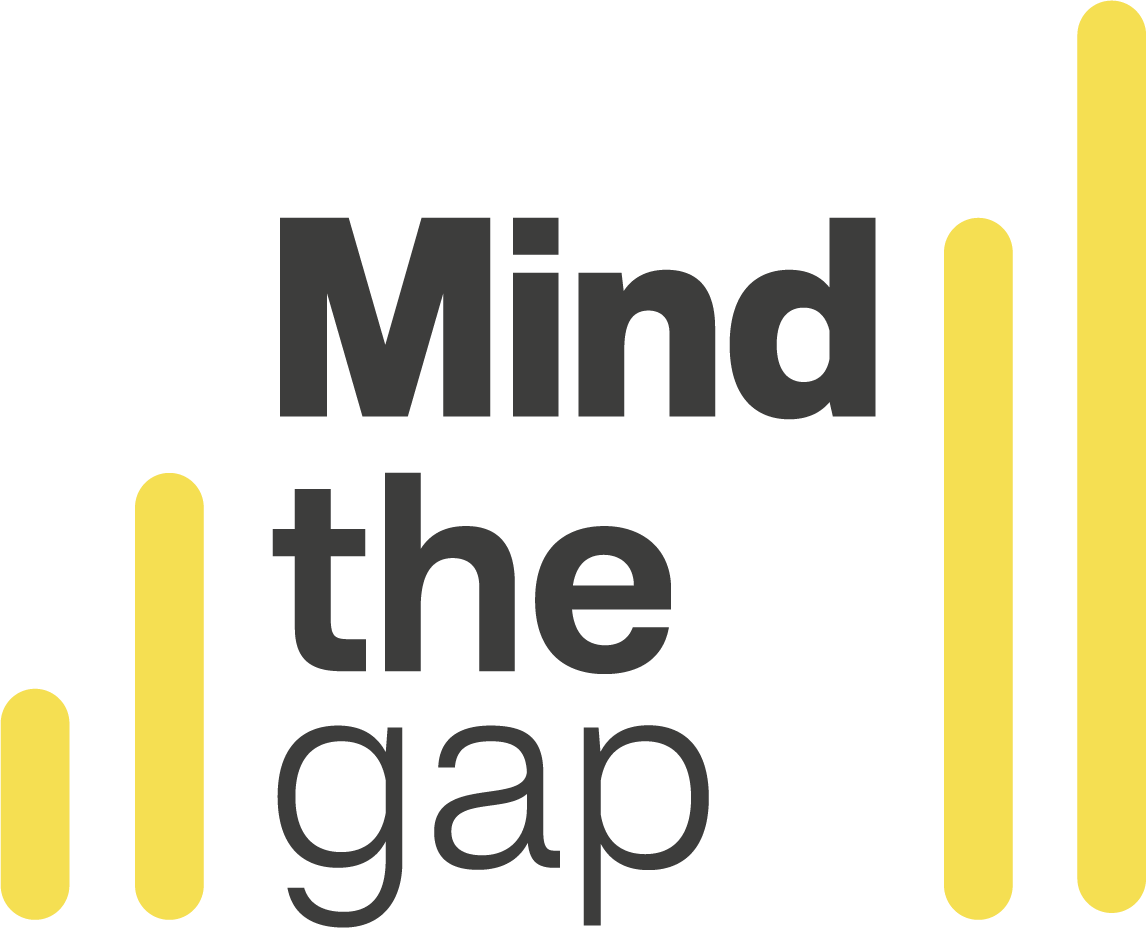Opera-tic - a digital opera co-created with people living with Tourette’s Syndrome
Organisations
Second Movement, United Kingdom
Second Movement is a UK-based opera company that focuses on rarely performed repertoire and contemporary opera.
Tourette’s Action, United Kingdom
Tourette’s Action is a support and research charity for people with Tourette’s Syndrome and their families.
Project
Over a period of 14 months, a group of adults living with Tourette's Syndrome (TS) took part in a series of online co-creation workshops to devise the 45-minute digital opera Opera-tic. The project was part of the Second Movement co-creative opera-making project Your Story, Your Voice, Your Stage.
Participants
15 adults with Tourette Syndrome from across England, Northern Ireland and Scotland.
Key persons
Co-creators Alisdair Kitchen, Charlotte McGregor Graham, Giovanni Arsciwals, Paul Stevenson
Michael Betteridge, co-creator, composer, workshop facilitator
Abigail Toland, producer, Second Movement
Project outcomes
A 45-minute digital opera using song, sound and image to explore what it means to live with Tourette’s syndrome.
Approach
The Your Story Your Voice Your Stage programme was launched by Second Movement in 2019 to foster collaboration in opera composition and performance between non-professional and professional artists. Opera-tic, which followed the 2019 production Red Speak, was initially planned to take place in person in London in the early months of 2020 and was moved online as a result of Covid-19 restrictions. The opera explored participants’ stories and experiences in 15 scenes, each representing a different aspect of living with TS.
Following initial scoping work with partner Tourette’s Action, each of the 15 co-creators participated in one-on-one conversations with composer and facilitator Michael Betteridge, which helped him get a feel for their stories and begin to shape the work. Participants then took part in a series of 10 devising sessions via Zoom in which they composed the score for the piece and explored potential visual representations of their stories. Outside workshop time, participants collaborated via a dedicated Slack channel and recorded their contributions on their mobile phones. All workshops were recorded and made available for co-creators to reflect on in their own time, with extracts from the conversations making their way into the final piece as sound objects.
The co-creators were joined by a filmmaker and animator at a later stage to capture visual material, using the score as a stimulus to find visual ways into the work. Tracks were recorded by professional instrumentalists and singers at different phases of the process, and the resulting work was streamed online in July 2021.
Results
The digital nature of the project made it more accessible to people living outside London or who were unable to commit to the full programme. In some cases, the online workshops were easier to attend for those managing Tourette’s symptoms: “It was more accessible than it would have been if it had been a London-based project. We had participants from all over England, Northern Ireland and Scotland. What’s more, the Zoom format allowed people who were having a bad day because of tics or general wellbeing issues just to observe, to be present without participating actively if they didn’t feel up to it,” says Michael Betteridge.
Opera-tic’s structure enabled participants with care commitments and varying degrees of availability to participate in different phases of the project. Michael Betteridge believes that the multidisciplinary nature of opera itself contributed to this flexibility: “Opera as a medium is multidisciplinary, meaning people could have different levels of engagement, and choose what to engage with and what to experiment with”.
Michael also found that the change of format enabled co-creators to focus on the creative journey rather than the result. “We were “no pressure” about the performance elements. For some of the participants, getting the opportunity to sing the songs they'd written was actually more important than being a performer. A live piece would have attracted people who were more interested in performing, while in this case we worked more as a group of makers.”
Lessons learned
Have a second line of communication. A communication channel such as Slack or a WhatsApp group enables co-creators to exchange spontaneously outside of workshop time. “Using Slack for continual conversation and community building was exceptionally effective. As I was developing ideas, I could share them in real time, in a way that would happen organically in an in-person session. It allowed people to participate at their own pace at their own time.”
In online workshops, be very clear about your aims. Working online makes it difficult to “read the room” and requires careful attention to ensure that no-one is left out and all participants are able to express themselves. Michaels recommends careful planning and being clear about your intentions: “Make it clear whether you’re seeking to impart information, start a conversation or gather ideas. You need to take people’s needs into account and have that clarity of communication from the offset.”
